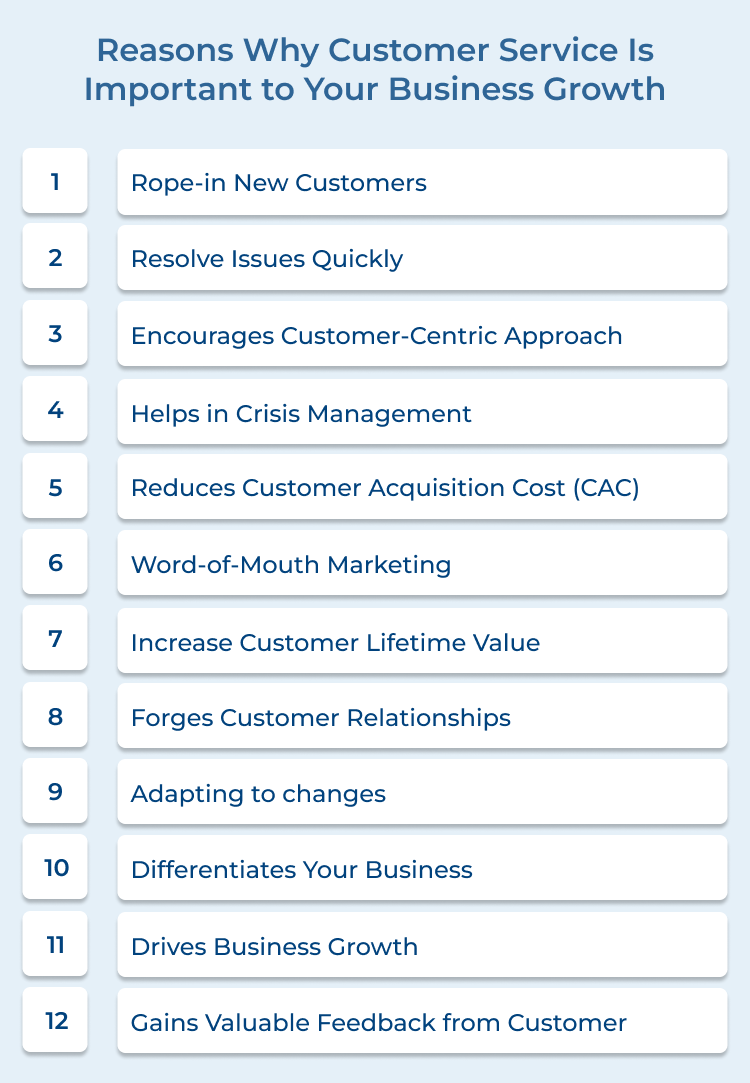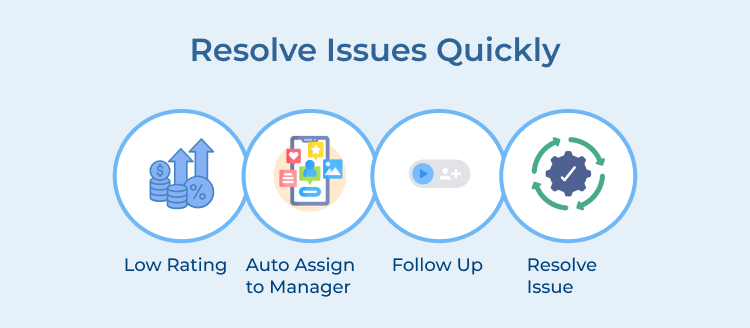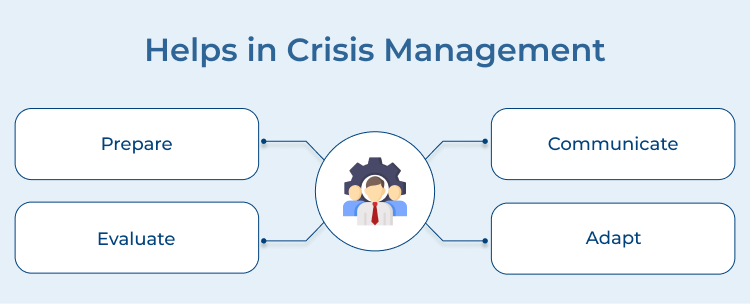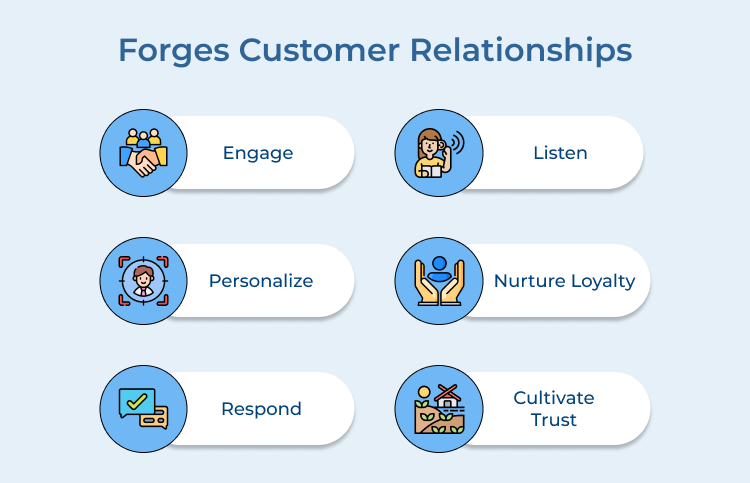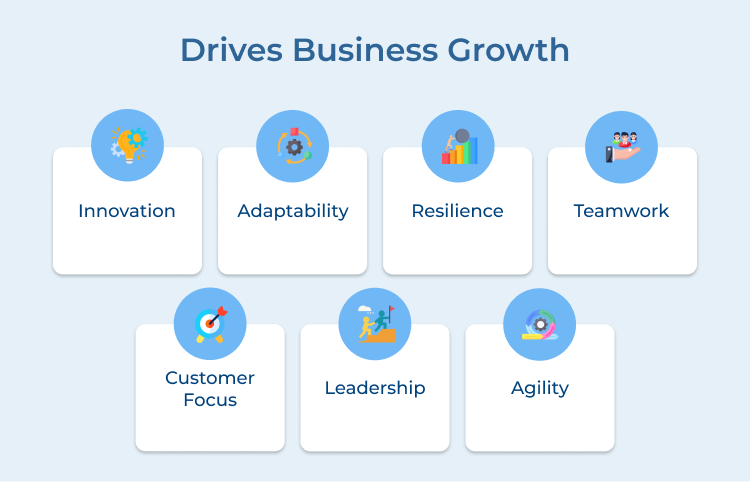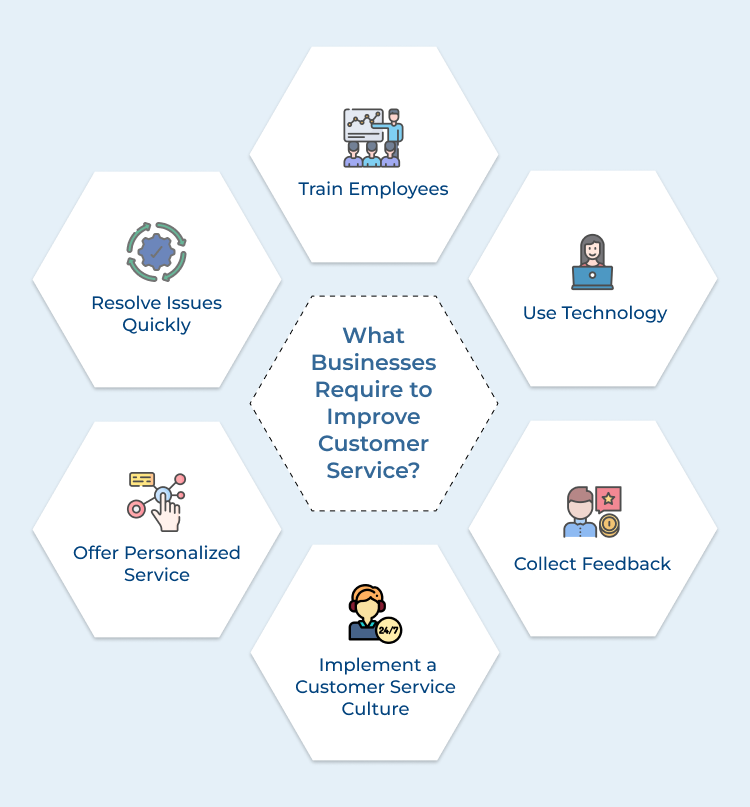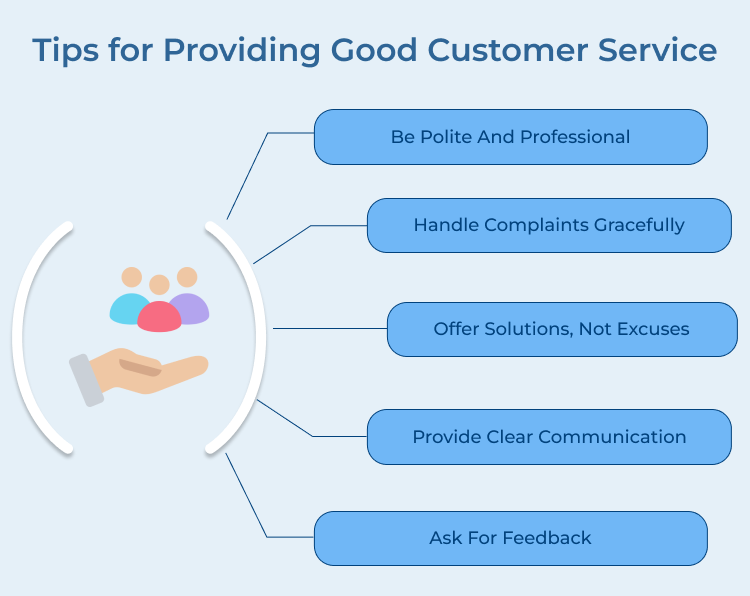Tips to highlight:
1. Communicate transparently with your customers during a crisis to build trust and maintain credibility.
2. Have a plan in place for addressing customer complaints quickly and effectively to minimize any damage to your reputation.
3. Use the crisis as an opportunity to showcase your excellent customer service and turn a negative situation into a positive customer experience.
5. Reduces Customer Acquisition Cost (CAC)
Gaining new customers is always a costly affair! It takes a budget as well as time. Focusing on customer service and ensuring positive customer experience, you increase customer retention rates as well as the pressure to constantly attract new customers reduces. It lowers your customer acquisition cost (CAC) and improves the overall profitability of your business.
Consider the following:
1. Focus on retaining existing customers through exceptional customer service to reduce the need for constantly acquiring new customers.
2. Offer incentives for referrals and loyalty programs to encourage repeat business as well as reduce your overall customer acquisition costs.
3. Implement strategies to improve customer satisfaction, leading to higher retention rates and lower acquisition costs.
6. Word-of-Mouth Marketing
Satisfied customers are your best advocates. When customers have a positive experience with your business, they are more likely to share their experience, either through word-of-mouth or online reviews. Positive word-of-mouth marketing attracts new customers and builds a strong reputation in your industry.
Tips:
1. Encourage satisfied customers to leave reviews and testimonials on your website or social media platforms to attract new customers through word-of-mouth marketing.
2. Provide excellent customer service to create positive experiences that customers will want to share with others.
3. Monitor social media and online review sites to respond to both positive/negative feedback promptly as well as show customers that you value their opinions.
7. Increase Customer Lifetime Value
Customer service plays a key role in increasing the lifetime value of your customers. By delivering exceptional customer service, you forge long-term relationships with your customers and encourage repeat business. Loyal customers are more likely to make repeat purchases, refer others to your business and engage with your brand over time, leading to increased customer lifetime value.
Pro tips:
1. Offer personalized and tailored solutions to meet the individual needs of your customers, increasing their lifetime value to your business.
2. Provide ongoing support communication to keep customers engaged and loyal over the long term.
3. Upsell/cross-sell additional products or services to existing customers to increase their lifetime value and drive business growth.
8. Forges Customer Relationships
Strong customer relationships are the foundation of a successful business. When you invest in customer service and building rapport with your customers, you create emotional connections that go beyond transactions. Building customer relationships based on trust, respect and open communication leads to increased brand advocacy.

